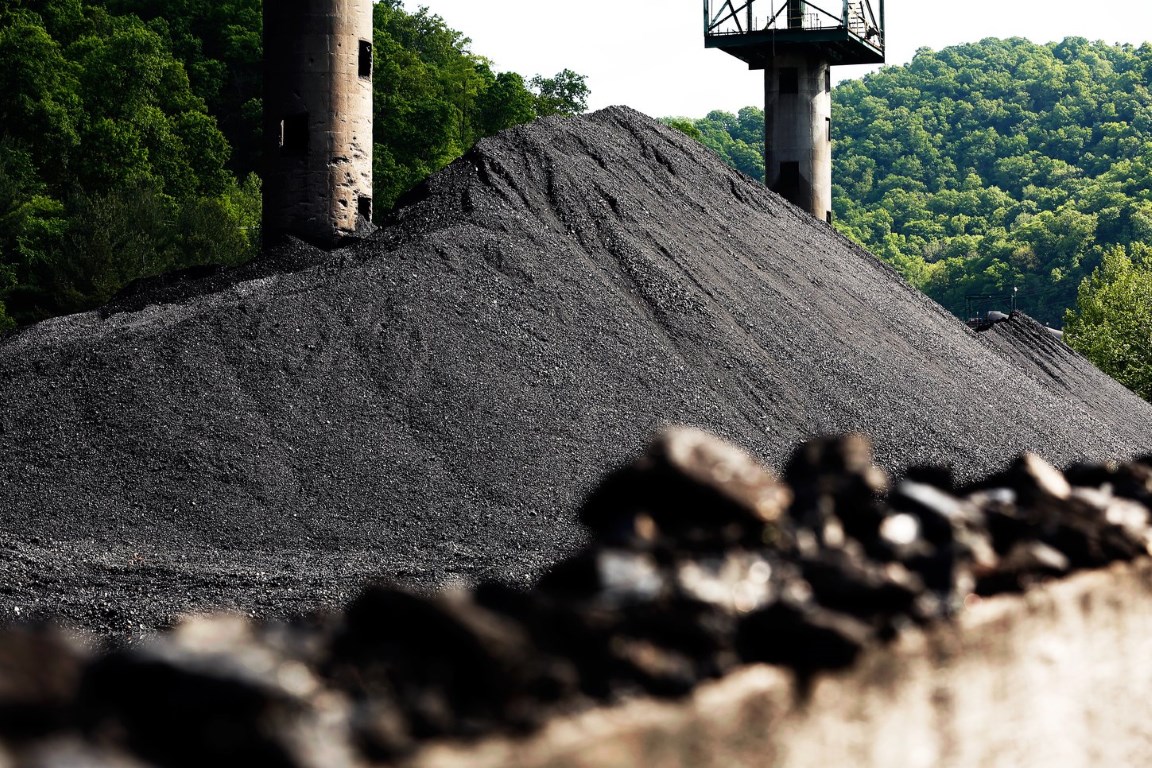Boone County- The coal kingdom
July 10, 2017 | Expert Insights

Rich and abundant black rock were discovered in the verdant hills of Boone County almost three centuries ago. The county claims to be the birthplace of America’s coal industry. Almost everything has coal in its name like, the Big and Little Coal rivers, the weekly Coal Valley News, the wondrous Bituminous Coal Heritage Foundation Museum and the West Virginia Coal Festival. The festival is more state fair than true celebration of coal. There’s a carnival, a talent competition, seven beauty queens (from Little Miss Coal Festival to Forever West Virginia Coal Queen).
Boone County
Boone County is a county in the U.S. state of Missouri. It was found in November 16, 1820, from a portion of the territorial Howard County. The area was then known as Boone's Lick Country, because of a salt lick which Daniel Boone's sons used for their stock.
The County was settled primarily from the Upper South states of Kentucky, Tennessee and Virginia. The settlers brought slaves and slave-holding with them, and quickly started cultivating crops similar to those in Middle Tennessee and Kentucky: hemp and tobacco.
Boone was one of several counties settled by Southerners to the north and south of the Missouri River. In 1860 slaves made up 25% or more of the county's population, and Little Dixie was strongly pro-Confederate during the American Civil War.
Analysis
Despite the availability of cleaner and more widely used energy resources, coal is enjoying its moment in politics, culture and the environmental debate.
Coal dominated the energy debate during the presidential campaign, embraced by Donald Trump and dismissed as obsolete by Hillary Clinton. I happen to love the coal miners,” declared President Trump last month, announcing the U.S. withdrawal from the Paris climate accord. Trump has welcomed coal miners and executives to the White House, the first in ages. He declared “an end to the war on coal”.
Back then, mining was, the rare job where a man could provide for his family, making $80,000 or $90,000 in a good year, with just a high school degree, often less.
Assessment
Our assessment is that, it has been a drift south for coal since World War II. But in Boone County, the story seems to be different. The coal companies and the nation’s leaders didn’t pay attention to the county after a certain period of time. The county used to have a lot of coal, natural gas, timber, etc. The local government should have paid attention to the county at least when there was pressures on oil supply.








Comments